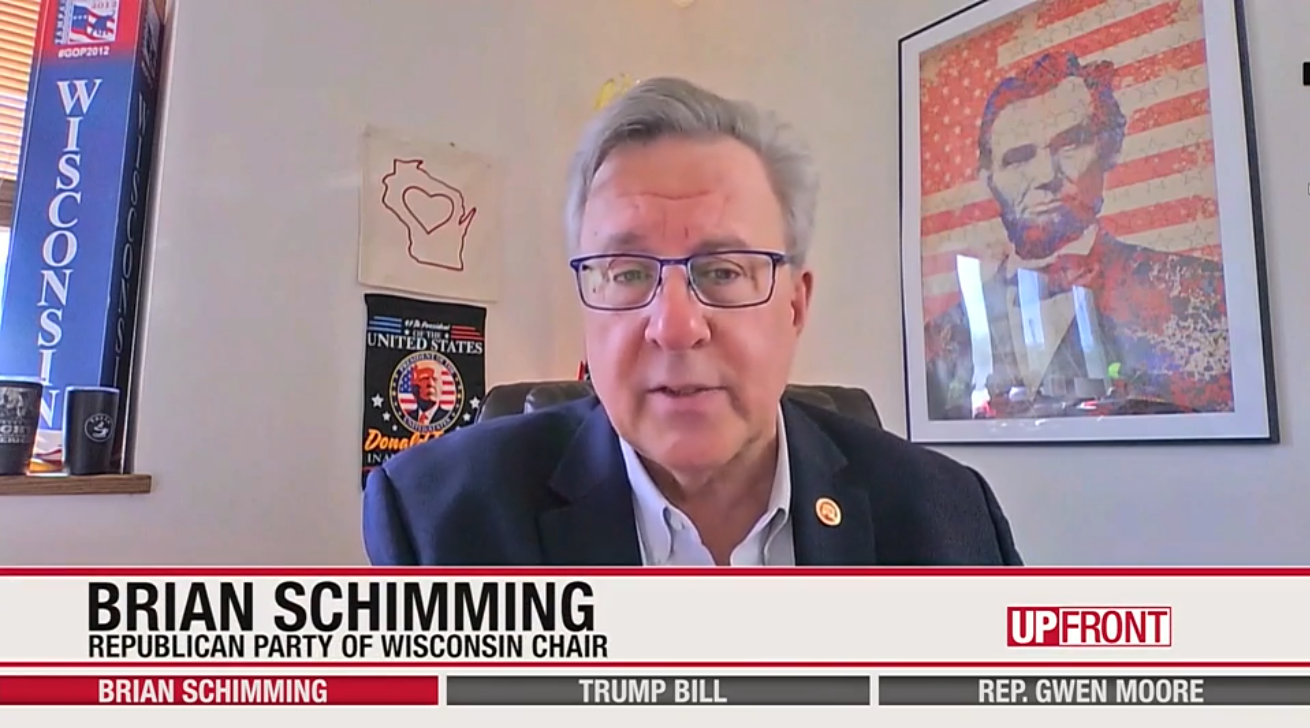Home » Battleground Wisconsin » Schimming on UpFront says he retains support for leading state GOP

Republican Party of Wisconsin Chair Brian Schimming says he still has the backing of the party’s executive committee amid some grassroots Republicans criticizing his leadership as the party’s state convention comes to an end. “Yeah, I do,” Schimming said on WISN 12’s “UpFront,” which is produced in partnership with WisPolitics. “And I’ll tell you this, you know the Supreme Court race obviously was...